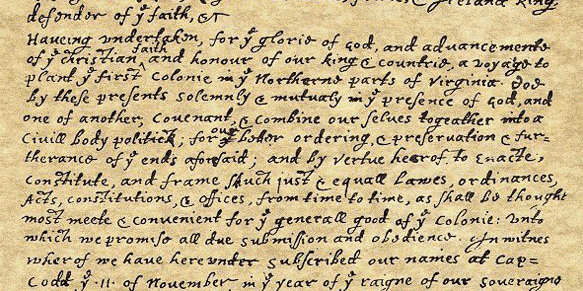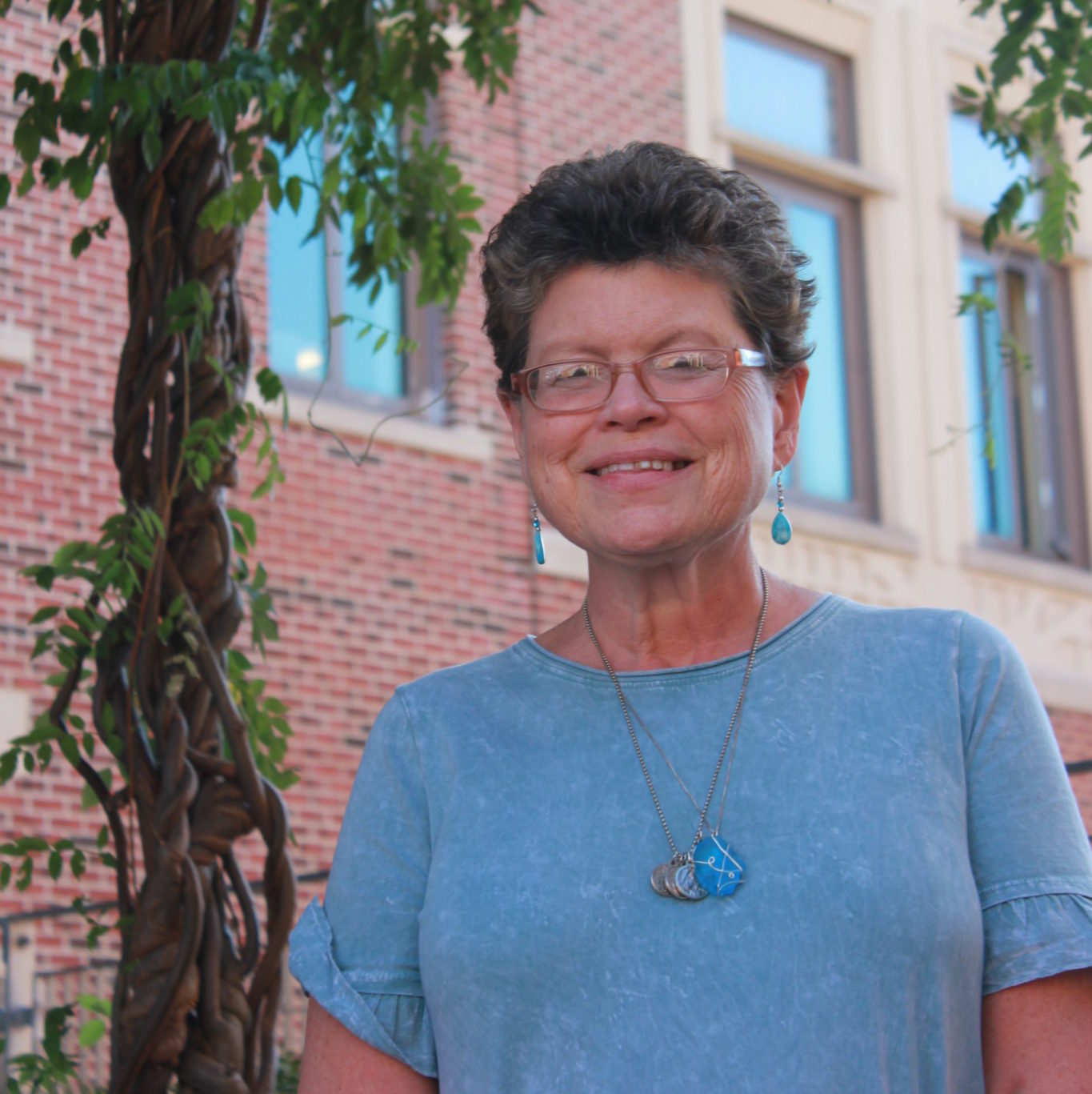O beautiful for pilgrim feet whose stern, impassioned stress,
A thoroughfare for freedom beat across the wilderness!
America! America! God, mend thine every flaw,
Confirm thy soul in self-control, thy liberty in law!
(Katherine Lee Bates, “America the Beautiful)
I’ve been thinking about the above verse of America the Beautiful a lot lately. Most people, if they know the words at all, only know the first verse of this wonderful tribute to our nation. And I’m sure that Katherine Lee Bates would be cancelled by now, if the Cancel Culture even knew about her. But on this special day, it is good to remember these words.
Veteran’s Day and Something More
Today is November 11, 2020. It is, of course, Veteran’s Day and Armistice Day. The significance of that should never be lost or taken for granted. Too bad we don’t do red poppies here in the U.S., but I will always do my best to make people remember the day and honor all veterans, with or without the flowers.
But today is also the 400th anniversary of an extremely significant event in the shaping of our nation. And that event is connected through the centuries to the “heroes proved in liberating strife, who more than self, their country loved, and mercy more than life” of which Bates writes.
And in fact, both of those events, as well as the ancient, spiritual connection to the people of Israel’s covenant with God, will be commemorated today. At the eleventh minute of the eleventh hour of the eleventh day of the eleventh month, 11/11 of 2020, the Shofar will blow at Plymouth Rock and at the Washington Monument. The faithful who are gathering purpose to renew America’s covenant with God.
The Pilgrims Establish Self-Governance in America
The Pilgrims fled from England to Holland in search of religious freedom. But in July of 1620, a community of these Christian believers left Holland to plant a new church in America.
In the Providence of God, their ship, The Mayflower, was blown off course at the end of their difficult 66-day sail from Plymouth, England. They had intended to settle near the Hudson River in New York! And it was for that area that they had obtained permission from the King of England in which to settle.
But it appears that God wanted them in what we now know as New England. They would need new permission “a patent,” from the King to settle there. Anchored off the shore of what is now Provincetown, MA, on November 11, 1620, the 41 men* of the company composed the Mayflower Compact. This was a legal agreement to maintain order and establish civil society. And it was a covenant with God, dedicating the land to Him. before any foot from that ship had touched the soil of the New World.
The Plimouth Plantation reveals on their website that President John Quincy Adams praised the Mayflower Compact. In 1802 he said that this agreement was “the only instance in human history of that positive, original, social compact.”
A Covenant with God and with Each Other
Dr. Paul Jehle of the Plymouth Rock Foundation reveals the even more important spiritual significance of the agreement. He tells that while the Pilgrims were meeting secretly in England (before fleeing to Holland), they ratified their church covenant.
The covenant was described by Pilgrim leader, William Bradford (later to become Governor of Plymouth Colony); “…as the Lord’s free people joined themselves (by a covenant of the Lord) into a church estate, in the fellowship of the gospel, to walk in all His ways made known, or to be made known unto them, according to their best endeavors, whatsoever it should cost them.”
Jehle explains, “They did this as the Lord’s “free people,” without the permission of the hierarchy of the Church of England, as taught by their Pastor, John Robinson. It was the people that ratified this covenant, not just the leaders, and thus Christian self-government was the cornerstone of their church.”
The Mayflower Compact
The Pilgrims continued this approach to government when they wrote The Mayflower Compact. Jehle continues:
There, off the coast of what is now Provincetown, the cornerstone of American government was born. As the American Bar Association noted in 1978 “The document represents the application to the affairs of civil government of the philosophy of the church covenant which was the basis of Puritan theology. This theology found in the Scriptures the right of men to associate and covenant to form a church and civil government and to choose their own officers to administer both religious and civil affairs.”
This is the covenant that the Pilgrims made with God and with each other:
In the name of God, Amen. We whose names are underwritten, the loyal subjects of our dread Sovereign Lord King James, by the Grace of God of Great Britain, France, and Ireland King, Defender of the Faith, etc. Having undertaken for the Glory of God and advancement of the Christian Faith and Honour of our King and Country, a Voyage to plant the First Colony in the Northern Parts of Virginia, do by these presents solemnly and mutually in the presence of God and one of another, Covenant and Combine ourselves together in a Civil Body Politic, for our better ordering and preservation and furtherance of the ends aforesaid; and by virtue hereof to enact, constitute and frame such just and equal Laws, Ordinances, Acts, Constitutions and Offices from time to time, as shall be thought most meet and convenient for the general good of the Colony, unto which we promise all due submission and obedience. In witness whereof we have hereunder subscribed our names at Cape Cod, the 11th of November, in the year of the reign of our Sovereign Lord King James, of England, France and Ireland the eighteenth, and of Scotland the fifty-fourth. Anno Domini 1620.
*One of the 41 was the ancestor of my colleague at IRD, Dan Moran! Dan is a descendant of John Howland. This is how Dr. Paul Jehle describes Howland:
Another providential event occurred when John Howland, indentured servant to John Carver and about 28 years of age, “coming upon some occasion above the ratings was, with a seele (or pitch) of the ship, thrown into sea; but it pleased God that he caught hold of the topsail halyards which hung overboard and ran out at length. Yet he held his hold (though he was sundry fathoms under water) till he was hauled up by the same rope to the brim of the water, and then with a boat hook and other means got into the ship again and his life saved. And though he was something ill with it, yet he lived sundry years after and became a profitable member both in church and commonwealth.”






Comment by David on November 11, 2020 at 7:28 am
The activities of the Pilgrims were fortunately not the basis of life in America. They much opposed freedom of religion, killed “witches,” and committed other outrages. Their church in Massachusetts was the last tax-supported official church in the US and lost its status only in 1833. The many refugees from their society often fled south to the more tolerant areas of Rhode Island and New York. These areas were often had charters from Dutch companies whose provisions served as a legal basis. That of what is now Flushing, NY, provided for freedom of conscience without the interference clergy or civil magistrates in 1645. When this was violated in 1657, the inhabitants declared that the law of love, peace, and liberty extended to Jews, Turks, and Egyptians and all persons. Surely Americans owe more to the tolerant Dutch than to the Pilgrims. As one wit has put it, “The Pilgrims celebrated Thanksgiving for being saved from the Indians, and we celebrate it for being saved from the Pilgrims.”
Comment by Loren J Golden on November 11, 2020 at 11:09 am
If I might be allowed to indulge in a bit of genealogy:
1. Gov. William Bradford of the Plymouth Colony (1589-1657) married (1623) Alice Carpenter (1590-1670; widow of Edward Southworth), and they were the parents of Maj. William Bradford.
2. Maj. William Bradford (1624-1702/03) married (1650) Alice Richards (1627-1671), and they were the parents of Hannah Bradford.
3. Hannah Bradford (1662-1738) married (1682) Joshua Ripley (1658-1739), and they were the parents of Faith Ripley.
4. Faith Ripley (1686-1720/21) married (1708/09) Capt. Samuel Bingham (1685-1760), and they were the parents of Lt. Lemuel Bingham.
5. Lt. Lemuel Bingham (1713-1788) married (1737) Hannah Perkins (1717-1793), and they were the parents of Hannah Bingham.
6. Hannah Bingham (1738-1827) married (1757) Joshua Lasell (II) (1729-1807), and they were the parents of Hannah Lasell.
7. Hannah Lasell (1767-1819) married (Abt 1785) Samuel Rockwell (I) (1764-1848), and they were the parents of Samuel Rockwell (II).
8. Samuel Rockwell (II) (1792-1847) married (1812) Betsy Grantier (1791-1880), and they were the parents of Hannah Rockwell.
9. Hannah Rockwell (1814-1857) married (1834) Joel Wood (1810-1906), and they were the parents of Henry Clay Wood.
10. Henry Clay Wood (1849-1911) married (1885) Nancy Frances Eastman (1860-1942), and they were the parents of Jessie Florence Wood.
11. Jessie Florence Wood (1890-1971) married (1915) Hugh Hughes Jones (1882-1952), and they were the parents of Gomer Wood Jones.
12. Gomer Wood Jones (1916-1993) married (1940) Catherine Margaret Estill (1916-2005), and they were the parents of Carel Lois Jones.
13. Carel Lois Jones (1944-2012) married (1963) James Dean Golden (1938-2016), and they were my parents, making Gov. William Bradford my 11th-Great-Grandfather.
P.S.—John Howland of the Mayflower was my 9th-Great-Granduncle on my father’s side, my descent being traced through his youngest brother, Henry Howland (1604-1670/71), who arrived in Plymouth Colony by 1625.